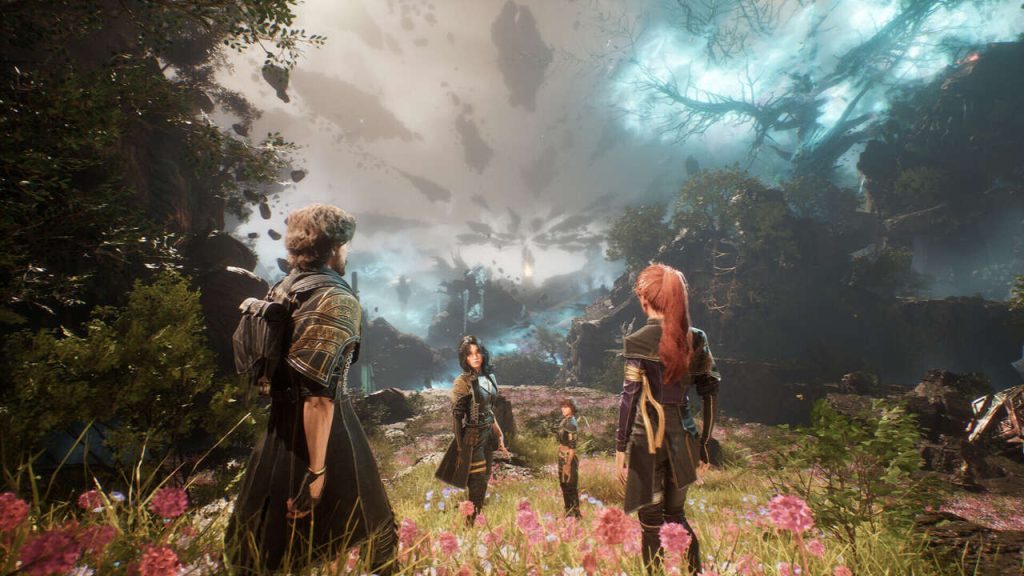When I first encountered it at the 2024 Xbox Games Showcase, I was taken aback by a title from a French studio that featured the photorealistic visuals typical of Western RPGs and the mechanics reminiscent of Japanese ones. The sleek, cinematic trailer suggested a AAA game, despite my unfamiliarity with Sandfall Interactive at that point.
Clair Obscur truly made a splash. Launching on the same weekend as Oblivion Remastered, it managed to sell 500,000 copies within the first 24 hours and reached 1 million in just three days. Even months later, it continues to engage and intrigue the gaming community—an effect typically associated with more seasoned developers. This success is well-deserved, as the game itself is excellent; we rated it a 9/10 in our review.
Shifting Preferences in RPGs
Its critical and commercial success encourages a broader spectrum of RPGs from diverse developers, especially turn-based titles. However, the acclaim for Clair Obscur has amplified certain critiques about Japanese turn-based games, not all of which are warranted. Many have openly stated that finally, we have a quality turn-based RPG—implying existing titles in that genre aren’t as deserving.
Perception and Presentation
This raises the question: Why do some view Clair Obscur as “superior” to its Japanese counterparts with similar narratives and intricate turn-based gameplay? While it may not radically innovate, its Western-style packaging makes it easier for critics to overlook that fact.
The Genre Divide
It’s worth noting that turn-based RPGs were popularized predominantly by Japanese creators, with the term JRPG becoming synonymous with these games and their anime-inspired art. Yet, JRPG simply means Japanese RPG. This terminology recently sparked controversy after FF16 director Naoki Yoshida deemed it “discriminatory,” suggesting it segregates Japanese RPGs from the broader genre.
Sales Comparisons
Preference for Western titles is evident from sales data. For instance, Persona 5, while a significant success, took over three years to sell 3.2 million copies, whereas Clair Obscur achieved that in merely half a day. Even other high-sellers like Baldur’s Gate 3 demonstrate that the pattern isn’t strictly limited to turn-based RPGs; many Western titles significantly outsell their Japanese counterparts, regardless of critical acclaim.
Conclusion: Embracing Diversity
In conclusion, Clair Obscur deserves its accolades for effectively integrating French aesthetics and narrative depth. However, a diverse range of games, whether from Japan or other regions, deserves recognition for their contributions. Let’s embrace a broader appreciation for “anime games” as they too embody many of the qualities we cherish, albeit with a different artistic flair.



